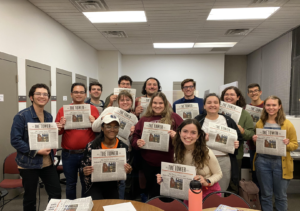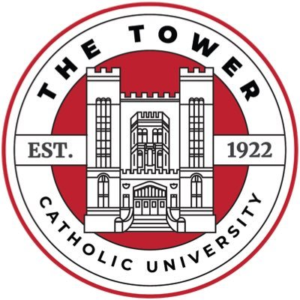Editorial: Rank the Vote
From The Tower Staff
This Wednesday was yet another grassroots styled election cycle for the Student Government Association Senate here at the Catholic University of America. From posting the links to vote on social media to a university email reminding those eligible to vote between certain time periods, students utilized their own democratic rights on their own devices or stationary computers provided by the university to carefully select one or more students qualified on the ballot, or write in one or more students not shown on the ballot all online through the Nest’s main website. Despite our technological advancements with digital ballots, they way we still vote individual candidates, through a majority winner-take-all or plurality vote, is not representative of the student population nor it does not offer students the ability to choose more choices instead of selecting only one or more on the official ballot. Because of the perplexing situation, colleges and universities across the country, including the University of Virginia, Cornell, Harvard, Carnegie Mellon, UC Berkeley, Duke, Vasser, and the University of Maryland, Baltimore County, have started to implemented a new as well as advanced voting system called ranked choice voting or instant runoff voting. Instead of voting for just one candidate on the ballot, voters can rank their candidates based on numerical preference. Your primary choice is counted for, however, if your first choice candidate does not make it to the other round, your other ranked candidates are counted for until one candidate reaches a majority of the vote. Because of this particular system of voting, people, especially students here on campus, can have more options to choose from instead of a limited amount. If more students have more options, there are more likely to turnout to vote in nearly all or a good majority of direct student legislative and executive elections. That is why a strong recommendation to implement ranked choice voting during SGA elections are necessary in order to diversify our own student democracy on campus. John Quincy Adams once said, “Democracy, pure democracy, has at least its foundation in a generous theory of human rights. It is founded on the natural equality of mankind. It is the cornerstone of the Christian religion. It is the first element of all lawful government upon earth.” If the student community seeks the message of our nation’s early president, we must diversify our democratic choices for the good.







